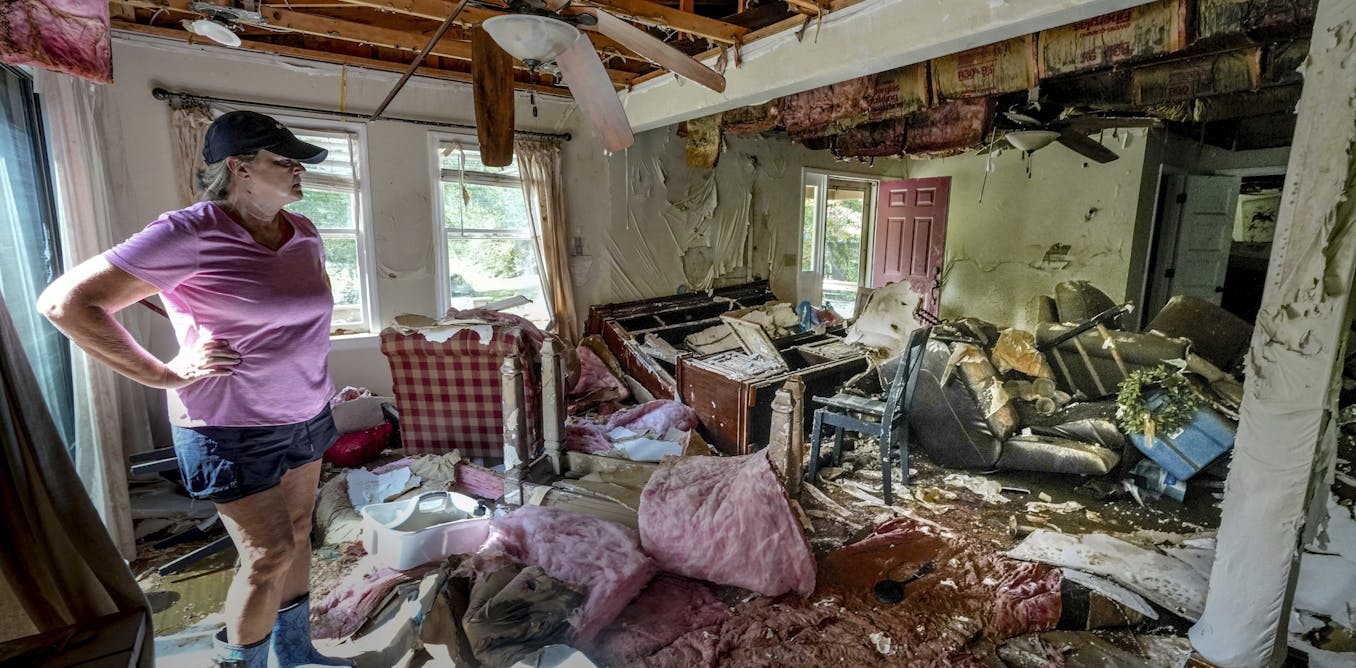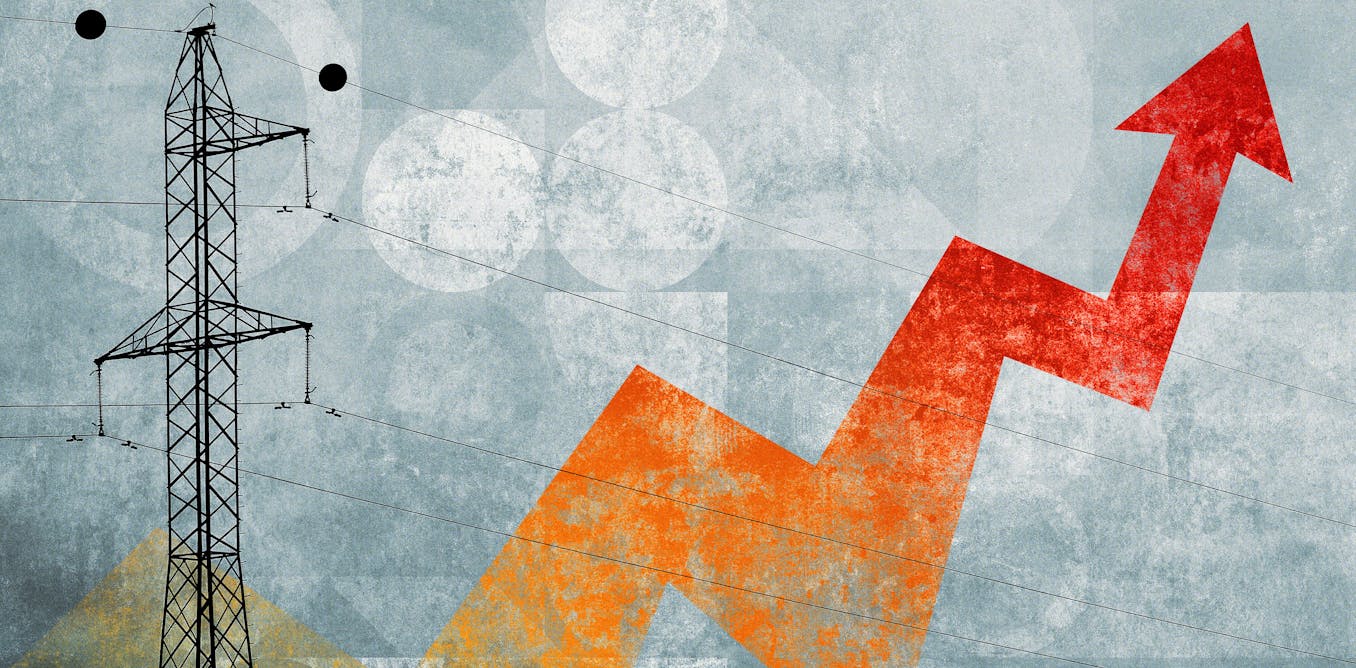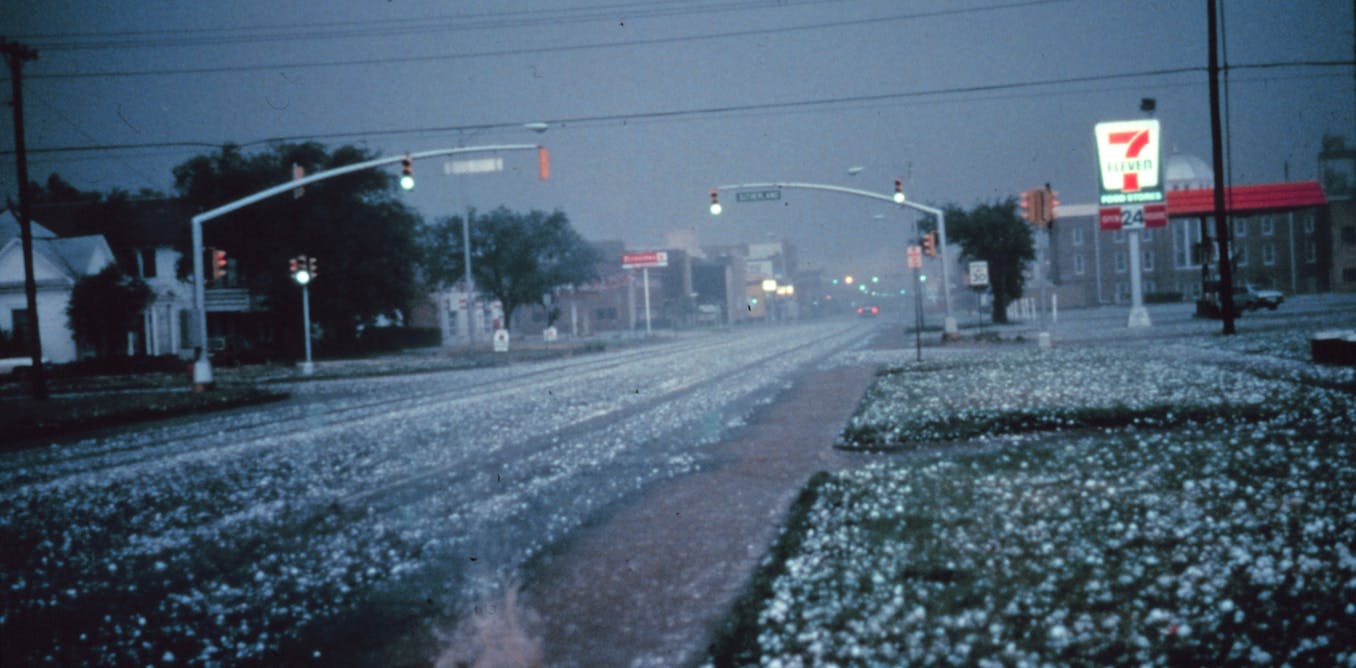Low-income homeowners hit by disasters may get less help from the government, as Trump administration nixes rules on fairness, community input and resilience
Changes made to comply with executive orders could interfere with the mission of a program that has historically helped some of the people who most need a hand.
June 20, 2025 • ~8 min
How the ‘Big Beautiful Bill’ positions US energy to be more costly for consumers and the climate
Some technologies could rapidly cut emissions, while others do little to fight climate change. The House bill favors the latter while nixing support for the former.
June 10, 2025 • ~10 min
Storm damage costs are often a mystery – that’s a problem for understanding extreme weather risk
Forecasters already patch together very rough estimates, and ending NOAA’s ‘billion-dollar disasters’ list means less access to insurance data. Texas’ state climatologists explain why that matters.
June 4, 2025 • ~9 min
What is vibe coding? A computer scientist explains what it means to have AI write computer code − and what risks that can entail
Vibe coding is a buzzy phrase that describes using AI language tools to write software. You enter a natural language phrase for what you want – to a point – and get back code.
June 4, 2025 • ~5 min
Extreme weather’s true damage cost is often a mystery – that’s a problem for understanding storm risk, but it can be fixed
Forecasters already patch together very rough estimates, and ending NOAA’s ‘billion-dollar disasters’ list means less access to insurance data. Texas’ state climatologists explain why that matters.
June 4, 2025 • ~9 min
What birds can teach us about repurposing waste
A process called “exaptation” places repurposing resources and adaptations at the heart of evolution; what if our homes were designed on the same basis?
June 2, 2025 • ~6 min
Hurricane season is here, but FEMA’s policy change could leave low-income areas less protected
Low-income neighborhoods have the hardest time recovering from disasters without help. FEMA used to require cities to pay attention to them, but that’s changing.
May 30, 2025 • ~8 min
/
76









